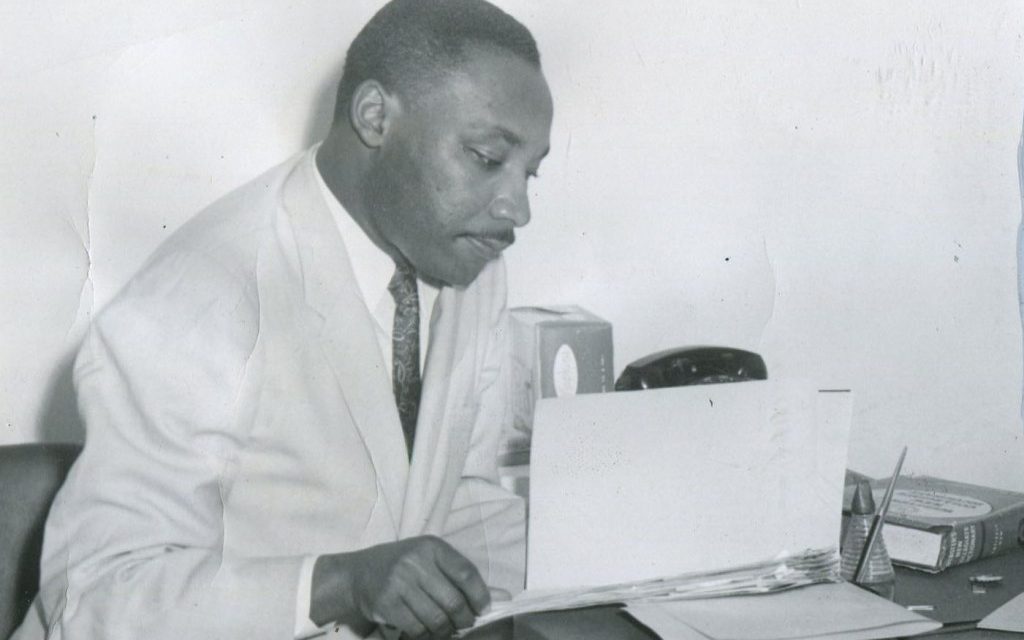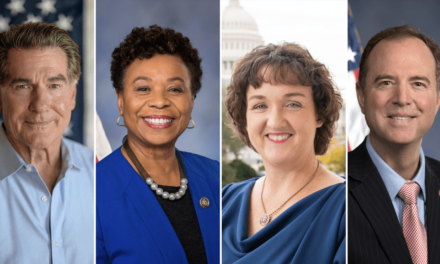By Mekhi Abbott
Special to the AFRO
mabbott@afro.com
This year’s recognition of Dr. Martin Luther King Jr. Day marks the 39th anniversary of the national observance of the federal holiday. King, one of the United States’ most prominent figures in reference to the civil rights movement, is typically one of the most recognizable names as it pertains to the fight for equal rights for Black Americans in this country.

King has long been one of the first people that students learn about when they are being taught about the civil rights movement. King, Rosa Parks and Malcolm X are the universal “Big 3” included in most school civil rights curriculum. But through efforts to remove critical race theory from school curriculum by Gov. Greg Abbott of Texas, Gov. Robert DeSantis of Florida and p
President-elect Donald Trump, the education around how race and social issues directly play into the history of this country come into question.
In fact, even in seemingly “progressive” states, the educational system never mandated that students be taught about King. Marty Bland, 84, who has worked in education for 61 years in New York City and attended James Madison high school with Bernie Sanders, said that Dr. Martin Luther King was never a part of his curriculum even as a United States history teacher.
“When I taught American history, I had to start with the exploration of colonization and the revolution and then follow on through to modern times. In New York, we have regional exams and you have ‘X amount of months’ to prepare these kids for the exam. There was nothing that really focused on Martin Luther King,” said Bland. “But when I had the chance and opportunity to, I would educate my students on current events. My students were very aware of every member of the Supreme Court and all the things that were going on throughout history during that time period, whether it was MLK or any other civil rights leader. But nothing that was ever a part of the curriculum.”

For many teachers, no matter the state, educating their students on the legacy of King is something that they have to intentionally carve out time to do.
“It’s something that in my class, I do myself,” said Timothy Morehead, an eighth grade history teacher for Prince George’s County Public Schools.
“The county offers instruction on Martin Luther King when they are in ninth grade. I teach part one of U.S. history which goes from colonization through the Reconstruction Era. Ninth grade is the Reconstruction Era and the Civil Rights Movement. Typically, during his birthday weekend, I have an activity I do with the students where they learn about specific facts about his life and his contributions to the civil rights movement.”
In addition to the activity that Morehead, 31, does with his students, he also has three 8 x 10 inch portraits of Martin Luther King, Rosa Parks and Malcolm X’s mugshots. The pictures are all next to each other and include the slogan “Freedom Isn’t Free.”
Janet Thompson, a 24-year-old Howard graduate and third grade teacher for Newtown Elementary School in Virginia Beach, Va. also makes intentional efforts to educate students on King’s impact even though it is not included in the curriculum.
“Since I work with younger students, we do a lot of engaging activities with Dr. King’s speeches and written work. Two of my favorites are ‘Letter from Birmingham Jail’ and his ‘I Have a Dream’ speech. I like that they provide insight to his intellectual evolution and I invite my students to engage in discussions about his speeches and writings. We discuss how they see his ideas and visions reflected in their own lives,” said Thompson.
Although Dr. King is one of the most important figures in American history, there doesn’t seem to be a concerted effort by school boards to include his work in their curriculum. Instead, educators of young and old make sure they carve out time during their lectures to pay homage to the legacy of one of the most influential figures of the civil rights movement.
“Let’s face it, although we are still, which is very obvious, a racist nation,” said Bland. “We’ve always been a racist nation. But again, we’re definitely more of an integrated country than we ever were before.”
The post In the classroom: A look at how Dr. Martin Luther King Jr.’s legacy is addressed in school appeared first on AFRO American Newspapers.











